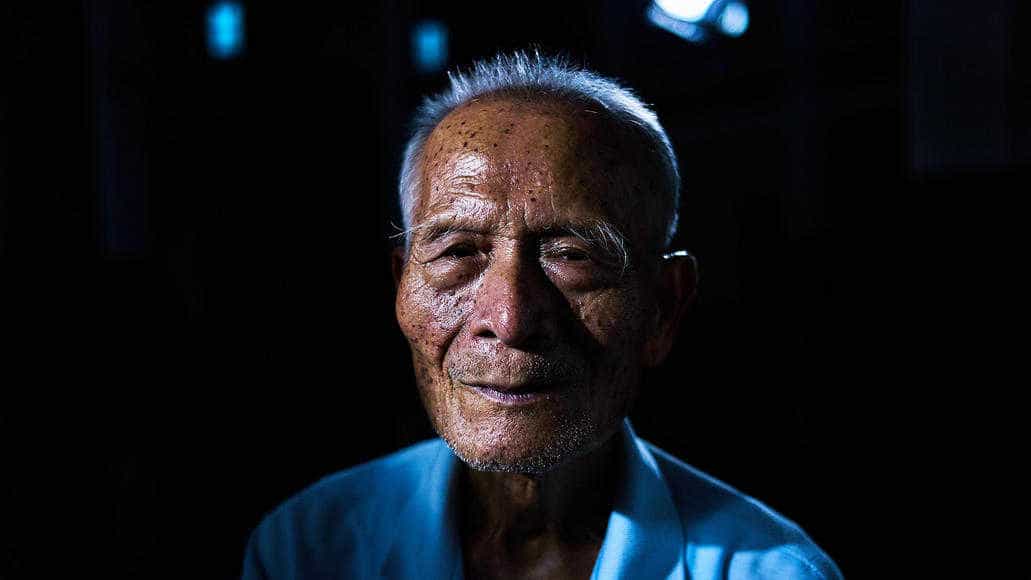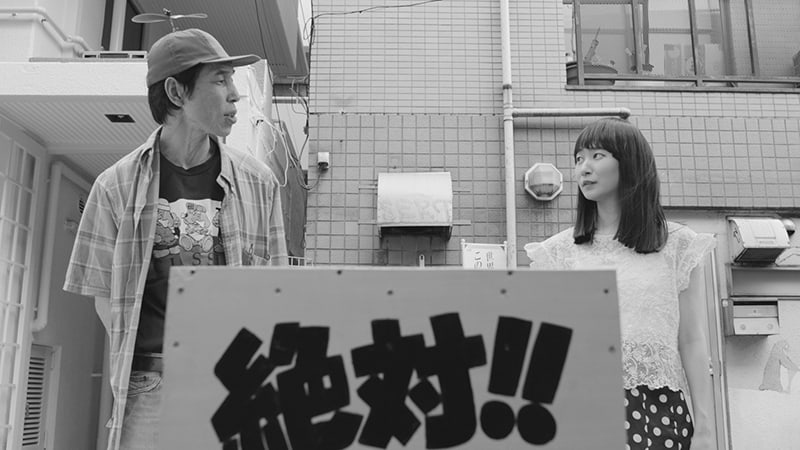In my endless search for anime not addressed to teenagers and youngsters in general, Masaaki Yuasa has never failed to provide a constant source for titles that are addressed to a mature audience, through their context but also their presentation of sex and violence. In that regard, his taking up of one of the most cult anime titles, “Devilman” based on Go Nagai's manga, seemed like a perfect fit. Let us see if it actually was.
Spoilers
Akira Fudo, a high school student, is informed by his best friend, Ryo Asuka, that an ancient race of demons has returned to take back the world from humans. Believing that the only way to defeat the demons is to incorporate their powers, Ryo suggests to Akira that he unites with a demon. Succeeding in doing so, Akira transforms into Devilman, possessing the powers of a demon but retaining the soul of a human. As time passes and Ryo tries to protect humans from the bloodthirsty demons, Ryo is revealed to be something completely else, since his public revealing of the existence of the demons spreads panic among the population which soon turns into mass hysteria.
In the middle of these events, a number of other characters play central roles, particularly the members of the family Akira Fudo is living with. Miki Makimura, the daughter, is a popular track star, whose performance has overshadowed the previous prodigy of the school, Miki Kuroda, who is still frustrated with the fact, even more because she had to leave her name and be called Miko, not to be confused with the “Star”. Taro Makimura is the young son of the family, and along with his mother and father, shares the most tragic fate in the title.

Masaaki Yuasa directs an anime series that starts much like a shonen, although with more violence and sex than usually attributed to the genre. Soon, however, and particularly after a number of characters are transformed into devilmen, and the revealing of demons among people come to the fore, the title changes to something quite deeper, particularly through a number of sociopolitical comments. In that fashion, Yuasa deals with themes of coming-of-age, competition in the sport world, stardom and particularly teenage idols, losers and winners, love and sex, and many other topics.
The concept that truly elevates the title, however, is a rather eloquent metaphor for the rise of Nazism and totalitarian regimes in general, with Ryo playing the role of “Hitler”. As we watch him first creating an enemy, then exaggerating the danger this enemy poses, and eventually the ‘tricks” that make people turn onto each other in a frantic search for “the enemy”, one can only draw a parallel with the events that brought Hitler to power, and the events that followed. Furthermore, the last episodes of the title provide a religious/philosophical tone to the story, adding even more layers to the series.

Yuasa's narrative approach, of starting the series with much action and gaggy humor only to turn it into something completely dramatic serves the title quite well, as it retains interest for the whole of the 10 episodes.
The frantic pace, implemented by the excellent editing of Akari Saito, also serves the aesthetics and context of the series quite good, with the same applying to the drawing and the rather intense animation.
“Devilman Crybaby” is one of the best anime titles of the latest years, and a testament to Yuasa's dominating place in the world of Japanese animation















